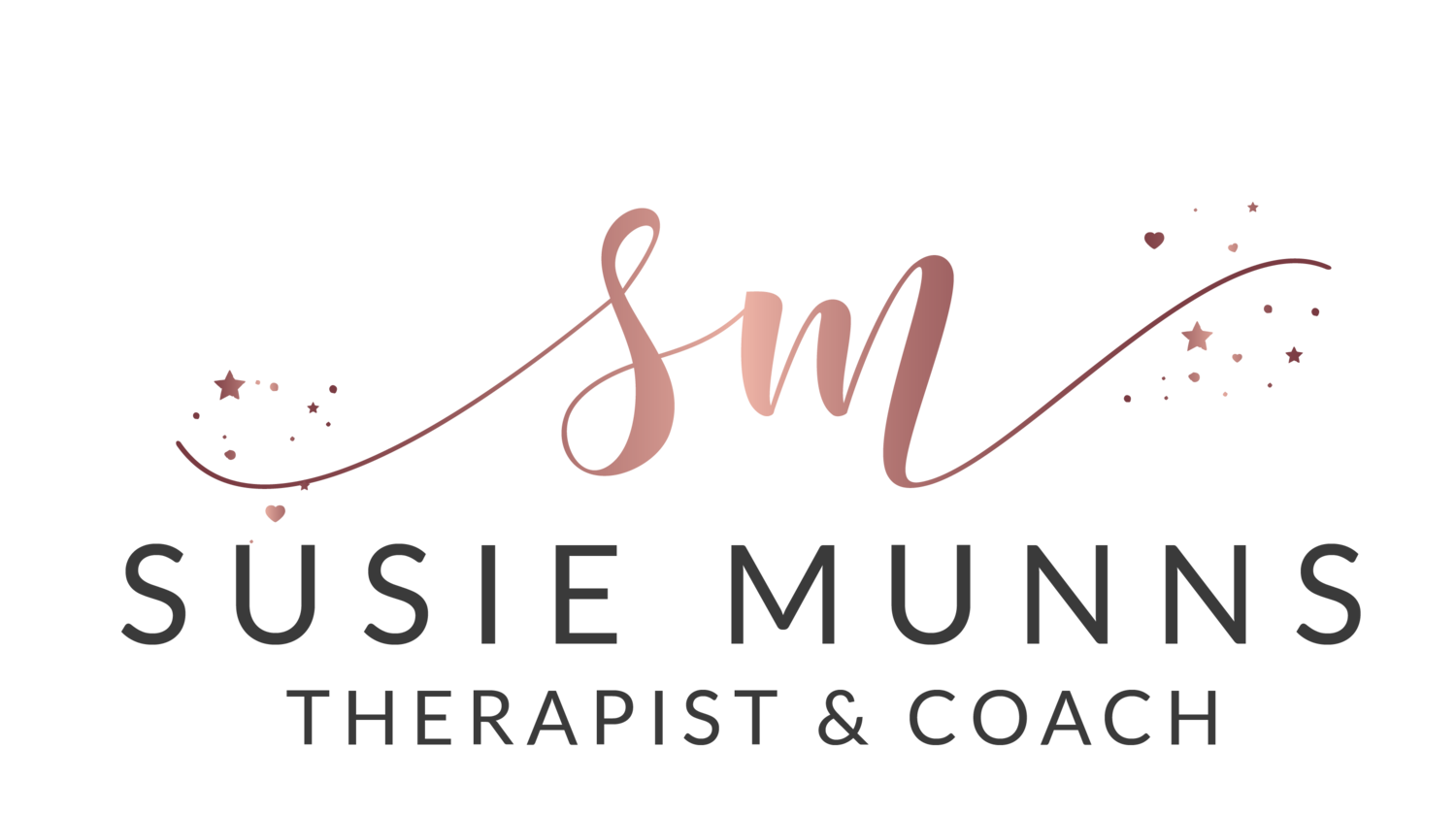The Ultimate Guide to Self-Care
Nurturing Your Mind, Body, and Soul
In today's fast-paced and demanding world, taking care of ourselves has become more important than ever. Self-care is all about prioritising your own wellbeing, finding balance, and nourishing your mind, body, and soul.
Understanding Self-Care
At its core, self-care is about intentionally taking time to nurture and care for yourself. It is a personal journey that involves recognising your needs, setting boundaries, and engaging in activities that promote your overall well-being. Remember, self-care is not selfish; it's a vital component of leading a happy and fulfilling life.
Nurturing Your Mind
A healthy mind is the foundation of self-care. Prioritise activities that promote mental wellbeing, such as practicing mindfulness and meditation, journaling your thoughts and emotions, reading books that inspire you, or engaging in creative outlets like painting or playing a musical instrument. Remember to give yourself permission to unplug from technology and create space for mental relaxation.
Caring for Your Body
Our bodies are incredible vessels that deserve love and care. Prioritise physical self-care by nourishing your body with nutritious food, staying hydrated, and engaging in regular exercise. Find activities that bring you joy, whether it's dancing, hiking, practicing yoga, or simply taking a leisurely walk in nature. Treat yourself to a warm bath, indulge in a massage, or prioritise a good night's sleep to recharge your body.
Nourishing Your Soul
Your soul craves fulfillment and connection. Engage in activities that bring you joy and ignite your passion. This could involve spending quality time with loved ones, engaging in hobbies you're passionate about, volunteering for a cause that resonates with you, or simply spending time in nature. Cultivate gratitude by keeping a gratitude journal or practicing random acts of kindness, as they can bring immense joy to your soul.
Setting Boundaries and Saying No
Remember, self-care also means setting boundaries and learning to say no when needed. Understand that your time and energy are valuable, and it's okay to decline requests or take a step back when you need to recharge. Prioritising yourself allows you to show up fully for others when you're at your best.
Embarking on a self-care journey is a beautiful act of self-love. By prioritising your wellbeing, you'll not only enhance your own life but also positively impact those around you. Remember, self-care is a lifelong practice, and it's essential to be patient and compassionate with yourself as you navigate this path. So, start today, embrace self-care, and watch as it transforms your life for the better. You deserve it!
Not sure where to start? Join my free 21 Day Self-Care Challenge for daily prompts, tips and inspirations.
Unlocking the Power of Emotional Freedom for Pain Management
Emotional Freedom Technique (EFT - Tapping)
Chronic pain affects millions of individuals worldwide, often resulting in a reduced quality of life and limited ability to perform daily activities. While traditional approaches to pain management typically involve medication and physical therapies, an alternative method gaining popularity is Emotional Freedom Technique (EFT) tapping. This holistic approach combines elements of traditional Chinese medicine, psychology, and acupressure to alleviate pain by addressing emotional imbalances. Lets explore how EFT tapping can be an effective tool for pain management.
Understanding EFT Tapping
EFT tapping is a simple yet powerful technique that involves using fingertips to tap on specific acupressure points on the body. These points are connected to energy channels, and by tapping on them while focusing on a specific issue, emotional and physical imbalances can be addressed. This method aims to release blocked energy and restore balance within the body, thereby relieving pain.
The Connection between Emotions and Pain
Research has shown that emotions play a significant role in the perception and experience of pain. Negative emotions like stress, anxiety, and trauma can amplify pain signals in the brain, making the pain feel more intense and persistent. EFT tapping acknowledges this mind-body connection and works to address emotional distress alongside physical pain.
How EFT Tapping Works for Pain Management
Identifying the Pain: Begin by identifying the specific area of pain and its intensity. This step helps in setting a baseline for progress and gauging the effectiveness of EFT tapping.
The Setup: The setup involves creating an affirmation statement that acknowledges the pain and emotional distress associated with it. For example, "Even though I have this pain in my [specific area], I deeply and completely accept myself."
Tapping Sequence: While repeating the affirmation statement, use your fingertips to tap on specific acupressure points, including the top of the head, eyebrows, side of the eye, under the eye, under the nose, chin, collarbone, and under the arm. Tapping each point 5-7 times while focusing on the pain and associated emotions.
Reassessment: After completing a round of tapping, reassess the pain level. Notice any changes in intensity or the emotional response to the pain. If needed, repeat the tapping sequence, adjusting the affirmation statement as necessary.
The Benefits of EFT Tapping for Pain Management
Emotional Release: EFT tapping helps release negative emotions and stress associated with pain, often resulting in a reduction in pain intensity.
Relaxation and Stress Reduction: By tapping on acupressure points, EFT promotes relaxation and reduces stress, which can alleviate tension-related pain.
Enhanced Mind-Body Connection: EFT tapping promotes a deeper connection between the mind and body, allowing individuals to gain insight into the emotional roots of their pain and work towards resolving them.
Self-Empowerment: EFT tapping provides individuals with a tool for self-healing, empowering them to take an active role in managing their pain and emotional wellbeing.
EFT tapping offers a unique and holistic approach to pain management by acknowledging the mind-body connection and addressing emotional imbalances alongside physical discomfort. By tapping on specific acupressure points while focusing on pain and related emotions, individuals may experience relief and enhanced wellbeing. While EFT tapping may not be a cure-all, it can be a valuable addition to traditional pain management techniques, offering a natural and self-empowering approach to healing.


